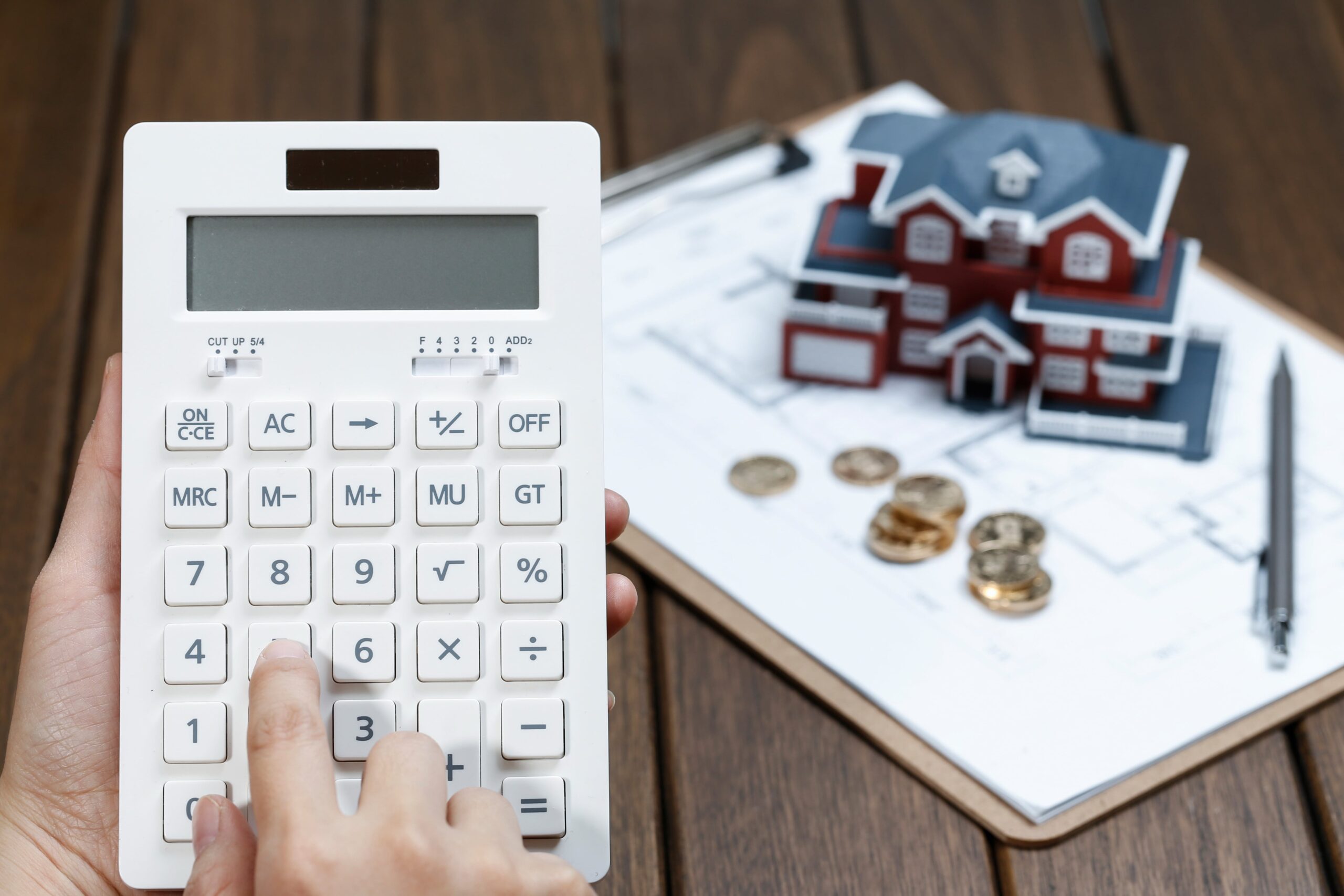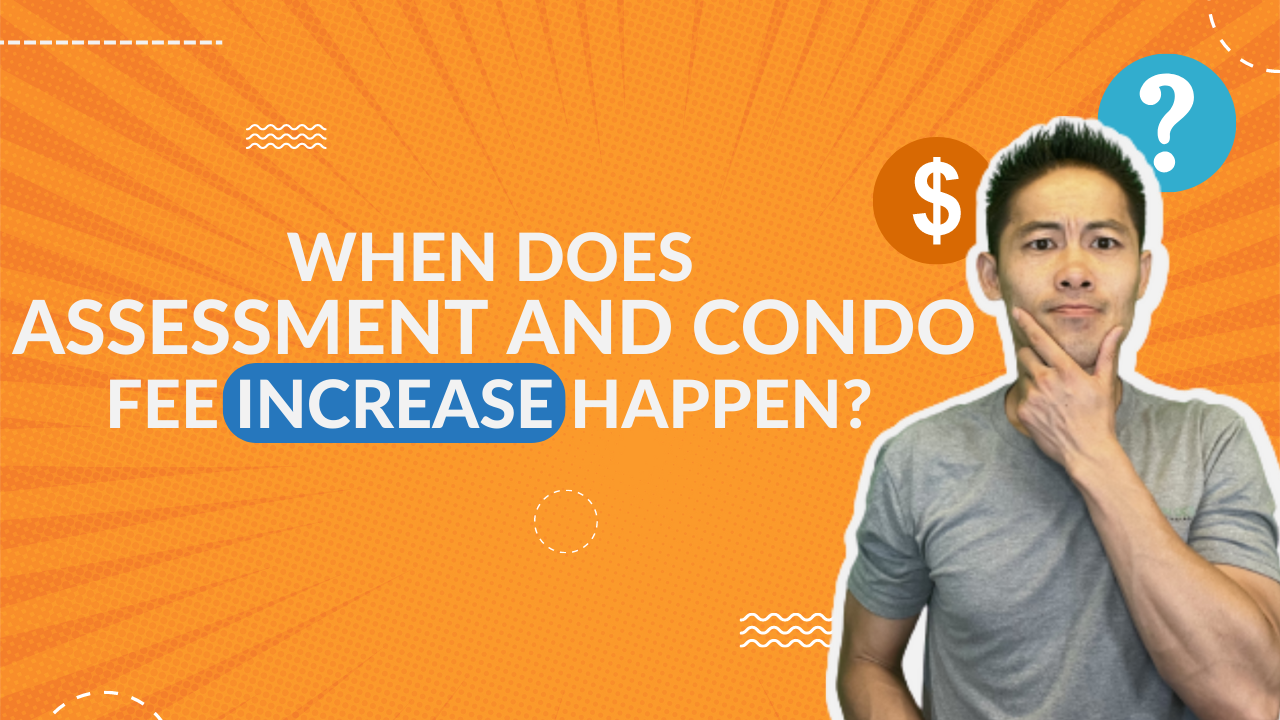Making informed financial decisions is paramount to the stability and well-being of a condo association. In this article, we explore the financial aspects of two essential components in condominium association management: assessments and condo fee increases.
We’ll delve into when and why these financial strategies are implemented, shedding light on their distinct purposes.
Determining the Need

Assessments and condo fee increases become necessary under specific circumstances:
a.) Major Expenses or Repairs: When faced with significant expenses or repairs, such as boiler or roof replacements, that exceed the typical day-to-day operating budget.
b.) Budgetary Shortfall: When the association’s budget encounters unforeseen issues, resulting in insufficient funds to cover expenses.
c.) Proactive Financial Planning: In some cases, associations opt for proactive financial planning to ensure a healthy reserve fund for future unforeseen expenses.
Understanding Assessments

Assessments are typically reserved for substantial capital improvements that are planned or required in the near future. These can include projects like roof replacements or major system upgrades that weren’t initially budgeted for.
The key characteristic of assessments is that they involve a one-time or multiple installment payment structure, allowing unit owners to contribute their share of the expense over time.
For example, if a $20,000 roof replacement is needed for a 10-unit property, each unit owner may be assessed $2,000. This amount can be divided into one or more installments, making it more manageable for homeowners to fulfill their financial obligations.
Understanding Condo Fee Increases

Condo fee increases, on the other hand, are more predictable and are often associated with budgeting for the coming year. They are designed to cover ongoing expenses and planned repairs that will occur over a more extended period, typically a year.
The process involves assessing the projected income and expenses for the year ahead and adjusting condo fees accordingly to maintain a balanced budget.
For instance, if the association’s projected expenses for the year exceed its anticipated income, a condo fee increase may be implemented. This could be a flat percentage increase applied to each unit owner’s monthly fee to ensure that the budget remains in the black or to build up the reserve account for future needs.
Assessments and Condo Fees with Expert Guidance
Assessments and condo fee increases serve distinct purposes in condominium association management.
Assessments are typically reserved for major, immediate expenses, while fee increases are geared towards budgeting for ongoing needs over a more extended period. The choice between these financial strategies depends on the association’s specific circumstances and goals.
If you or someone you know is seeking professional guidance on the differences between assessments and condo fee increases or assistance in navigating the financial aspects of condominium association management, Boston HOA Management stands ready to provide expert advice and support.





